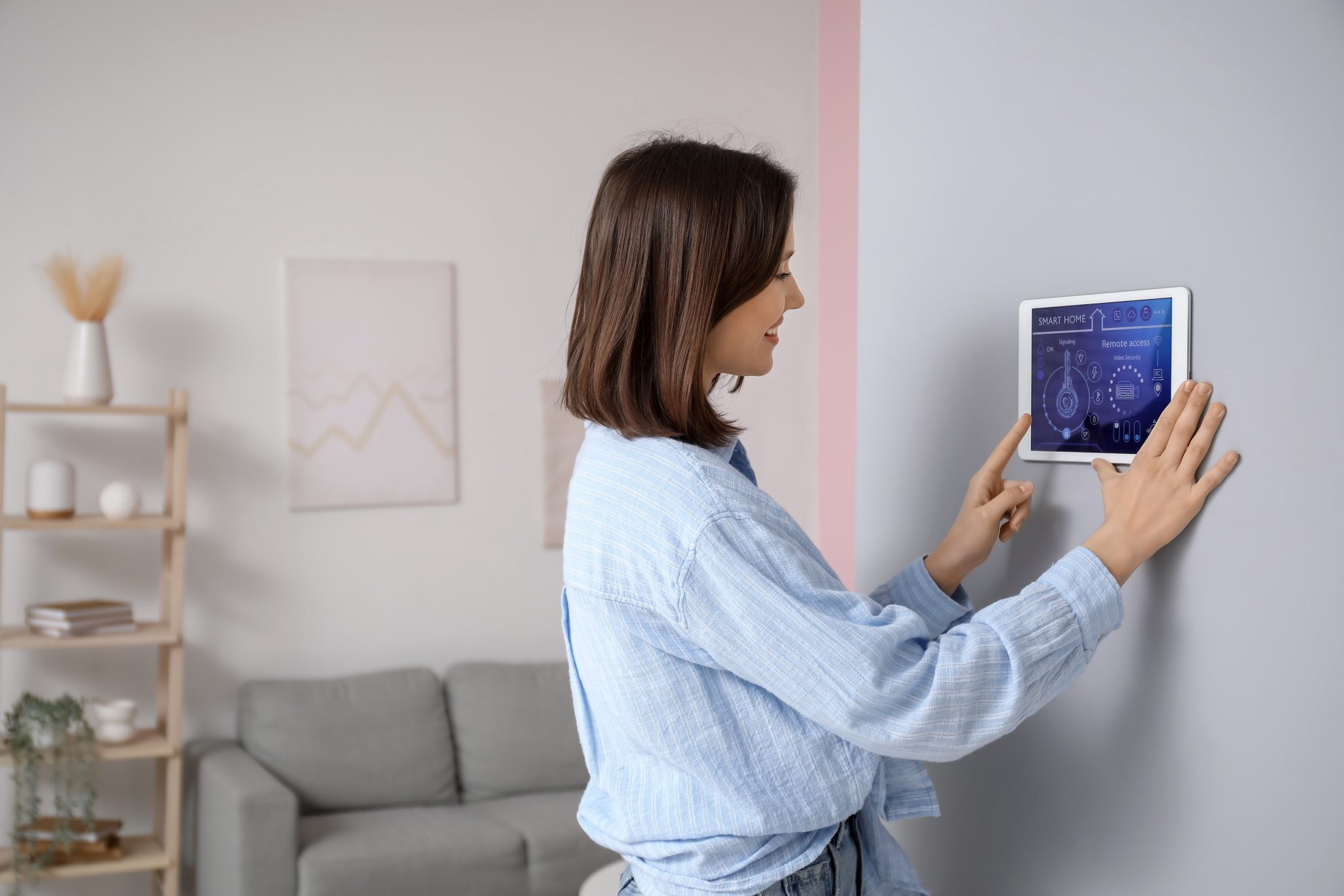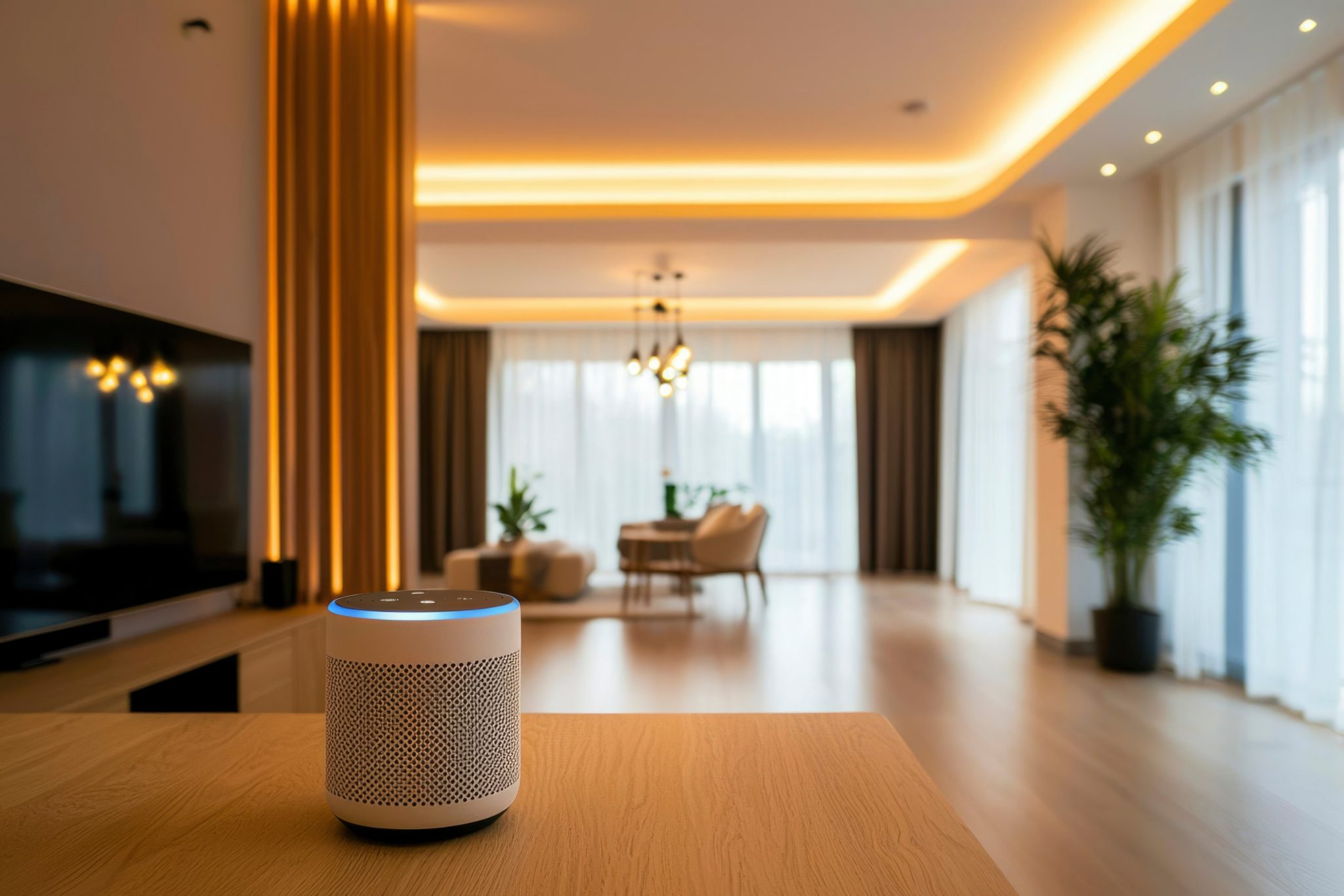11 Features Reliable Smart Home Security Systems Have In Common

Home security matters for every household. Many people choose smart home security systems to help protect their families and property. But picking the right system can feel confusing, especially for beginners. What should a homeowner look for? What makes a system reliable?
Knowing the most important features that trusted systems share can make the decision easier. These features help people feel more secure and in control of their homes.
1. Easy-to-Use Security App
A reliable security system should come with a security app that is simple to use. This app serves as the control center, letting users manage their system from anywhere using their phone. People can check their cameras, lock doors, or receive instant alerts directly through the app.
Helpful app features include live video, alarm controls, and updates on the system’s status. A confusing or slow app could cause important alerts to be missed. An easy-to-use app makes managing security faster and less stressful.
2. Fast Alerts and Notifications
A good system sends alerts quickly when something unusual happens. Whether motion sensors detect movement or entry sensors notice a door opening, homeowners need to know right away.
Alerts often arrive as push messages, emails, or calls, depending on personal settings. Fast notifications give people a chance to respond quickly. For example, receiving an alert about an open door while on vacation could prevent a break-in.
Many systems also offer flexible smart home security options. Some homeowners want basic coverage with cameras and sensors. Others prefer more advanced setups with smoke alarms, smart sensors, and professional monitoring services. Having different options helps homeowners create the right system for their needs.
3. Clear and Reliable Cameras
Reliable security systems include cameras that provide clear images both day and night. These cameras should cover important areas like doorways, driveways, and backyards. Whether the system uses a wired connection or a wi-fi model, it needs to stay connected to the home’s wi-fi network to work properly.
Security cameras are essential security accessories. Outdoor cameras should handle rain and heat. Indoor cameras add protection for spaces like hallways or garages. If something happens, recorded footage can help explain what occurred.
4. Smart Sensors and Motion Detection Zones
Reliable systems use smart sensors to monitor key areas of the home. This includes doors, windows, and open spaces. Motion sensors help detect any movement, but to avoid false alarms, better systems let users set specific detection zones.
For example, the system can focus only on the front porch, ignoring traffic on the street. Combined with entry sensors, these smart sensors improve how the system responds to real threats.
5. Smoke Alarms and Alarm Accessories
Security systems should protect against more than just intruders. Good systems include smoke alarms, which warn homeowners about fires. Many systems also offer extra alarm accessories like sirens, panic buttons, or glass-break sensors for added safety.
These accessories help complete the security setup and protect homes from both break-ins and emergencies.
6. Smart Lock Control
Many modern systems include smart lock control. Homeowners can lock or unlock doors remotely using their security app. If someone forgets to lock a door, they can fix the problem easily from their phone.
Instead of hiding keys under a mat, homeowners can also create temporary codes for guests, cleaners, or delivery drivers. Since smart locks are often considered part of security accessories, they improve safety without adding inconvenience.
7. Backup Power and Offline Protection
A security system should work during power cuts. Good systems come with backup batteries, which keep alarms and cameras running when the power goes out. Some systems can switch to mobile data when the wi-fi network fails, which helps keep alerts coming through.
Choosing a wi-fi model that reconnects easily after a power cut adds extra peace of mind. These backup solutions prevent security gaps during outages.
8. Video Storage Options
Security cameras record video, but storing that video safely is just as important. Many systems offer cloud storage, where recordings are saved online. Others provide local storage on memory cards or hard drives.
Both homeowners and businesses using business security systems should check how long footage is stored and how much space is available. Having both cloud and local storage options helps users stay in control of their data.
9. Voice Assistant Compatibility
Some systems work with voice assistants like Alexa or Google Assistant. Homeowners can use voice commands to lock doors, arm the system, or view live camera feeds. While this feature may not be necessary for everyone, it can help make daily use easier, especially when multitasking at home.

Voice compatibility is common in both residential and business security systems.
10. Professional Monitoring and Installation Options
Many systems offer professional monitoring, where a real person responds to alerts and contacts emergency services if needed. This adds extra protection, especially when homeowners are asleep or away.
Some systems also offer professional installation. While many setups are easy to handle alone, professional installation ensures that all devices—including motion sensors, smoke alarms, and cameras—are installed correctly. This avoids future problems and gives homeowners confidence that everything works as it should.
11. Regular Software Updates
Security systems should receive updates regularly. Software updates fix problems, add features, and protect the system from hackers. Trusted brands provide updates not only for the main system but also for the security app.
Without updates, even strong systems can become unsafe over time. Regular updates help keep everything running smoothly.
Conclusion
A smart home security system should be easy to manage, fast to alert, and dependable in emergencies. Features like good cameras, motion detection, cloud storage, and backup power help protect homes more effectively. Options like smart locks and professional monitoring add extra safety. Choosing a system with these key features helps keep homes safe and gives homeowners peace of mind.






